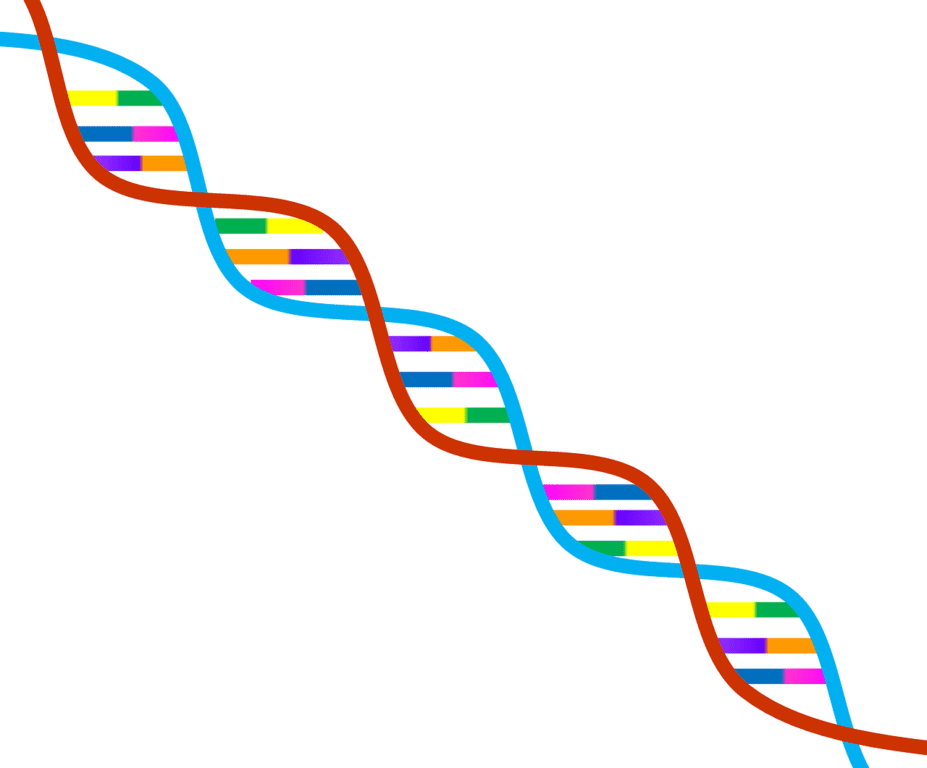Over the course of the past nineteen years, scientists were able to successfully map the entirety of the human genome and there have been great advances in genetic testing. These advances have brought insight into many genetic conditions that were previously unknown. Bill Clinton stated that genome science will «revolutionize the diagnosis, prevention and treatment of most, if not all, human diseases.» While the completion of the human genome project has greatly impacted science and how healthcare professionals deal with genetic diseases, it is important to realize that genome science is more nuanced than simply being able to read the entirety of the human genome.
About Genetic Testing
As scientists have discovered more about the human genome, genetic testing has become cheaper and more readily available. Companies like 23andme have made genetic testing available to the general public. These organizations collect a sample of DNA from a customer, generally of saliva, and in return the customer receives a report of their genetic data. This data can include family ancestry or medical insights. Healthcare professionals have stressed the importance of knowing your family medical history, as it can lead to discovering patterns of genetic disorders, which makes companies like these very useful. The people working within these companies are striving to make improvements as well, along with any other researchers who work with the human genome.
Issues with Genetic Testing
While companies that provide direct to consumer testing can be useful or interesting to their customers, one must recognize the drawbacks. DNA is comprised of nucleotides called adenine, cytosine, guanine, and thymine, which combine to form genes. While many of these genes code for proteins and their purpose has been discovered by scientists, many other genes have yet to be fully understood. Because of the unknown purpose of many of these genes, scientists also do not know the outcome when these nucleotides are missing or in the incorrect spot in the genome. These disruptions, known as single nucleotide polymorphism (SNP), are what companies like 23andme are looking for.
The issue is that they only know to look for known patterns. If they find a pattern that is out of the ordinary they can recognize it, but because they do not know the function of this sequence change they do not look into it further. This is partly because of alleles, which are copies of the same gene. For recessive diseases, both alleles must be present in order to have the disease. Along with this reason, companies that provide direct to consumer testing can only associate the disease with a change in sequence if a person has the disease, not if they are only a carrier. In order to associate a certain disease with a change in sequence, multiple, large, randomized tests must be done.
For many of the changes in sequence, this large amount of research is still in the idea stage. Another issue with genetic testing comes with confirmation. There are no tests to confirm if one who does not display symptoms of a disease but has the change in sequence actually has a certain disease. Interpreting genetic data requires expert review, not an algorithm from direct to consumer testing companies. This does not mean that the information received from these companies cannot be helpful, it is just not a perfect test of one’s genome.
Read the original article here.
_______________________________________________________________________________________________________________






